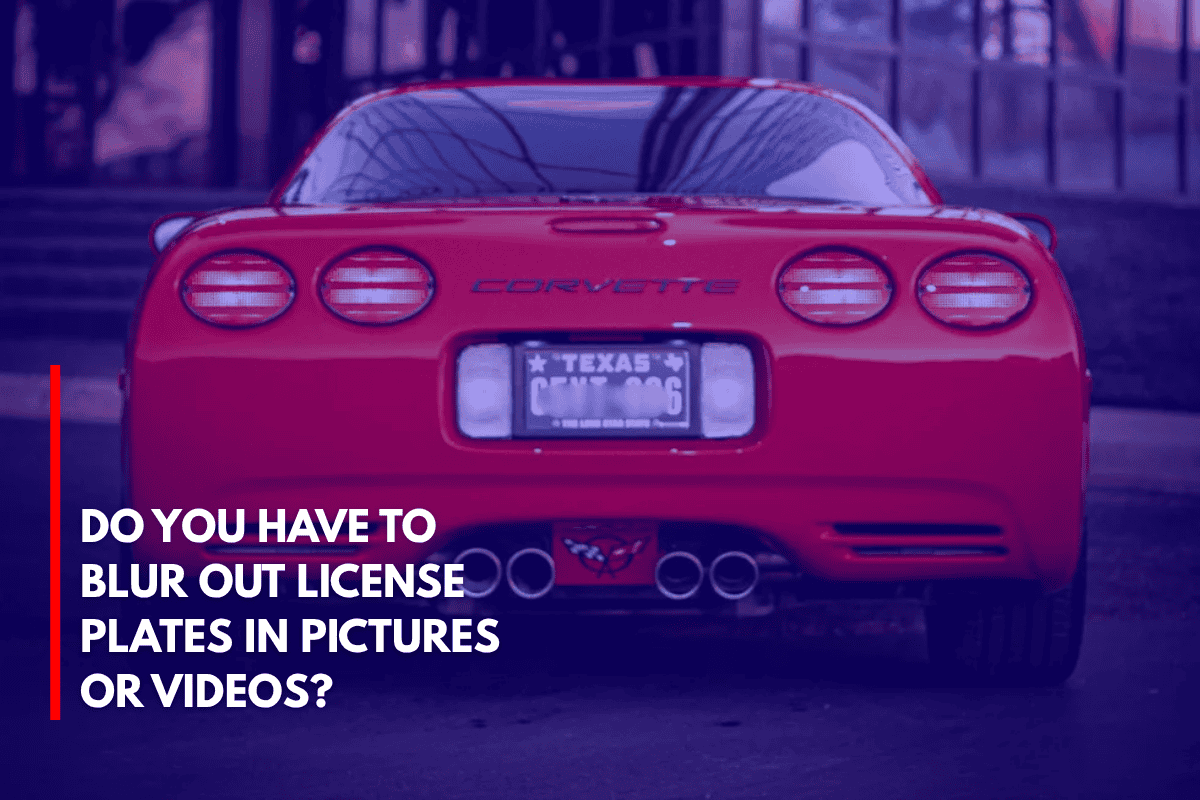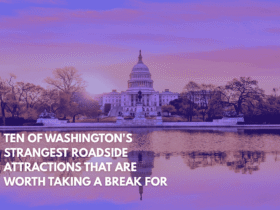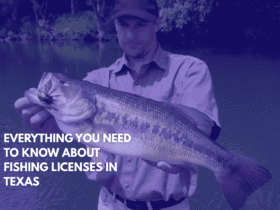In East Texas, there’s been a lot of debate about whether you need to blur out a license plate when posting pictures or videos online. The short answer is: no, there is no law that requires you to blur out a license plate. License plates are public identifiers that serve to register vehicles, monitor tolls, and can be checked by the police during routine stops.
The Role of Police in Checking License Plates
When you’re pulled over, police will “run” your license plate to check for things like outstanding warrants, unpaid violations, and whether the vehicle has valid insurance, which is required by law. License plates are designed for identification, so it’s not something that requires blurring in photos or videos unless there is a specific personal or privacy concern.
Is It Illegal to Post a Picture Without Blurring the License Plate?
No, it is not illegal to post a picture or video with a visible license plate. While it’s true that some people may worry about privacy issues, there’s no law that mandates you blur out a license plate before sharing an image online.
Some might argue that you could just pay a small fee at the DMV to get someone’s information from their license plate. But, that’s not the case. Civilians cannot simply walk into the DMV or search online to get personal information based on a license plate, like you might see in movies such as Gone in 60 Seconds.
While there is a process to request someone’s information from a license plate, it’s not as simple as paying a fee and getting the data immediately. The request takes about four weeks, and in most cases, it will be denied unless there is a valid legal reason. Plus, the fee is non-refundable, even if the request is rejected.
What Information Can Police Access from a License Plate?
When police “run a plate,” they access various pieces of information, including:
Name of the registered vehicle owner
Address of the vehicle owner
State where the vehicle is registered
Whether the vehicle has been reported as stolen
If the vehicle matches the registration
In some states, the status of the vehicle’s insurance
This is entirely legal for law enforcement under the Driver’s Privacy Protection Act (DPPA), a federal law that has been in place since the mid-90s.
What Makes “Running a Plate” Illegal for Civilians?
For civilians, running a plate is illegal under the Driver’s Privacy Protection Act (DPPA), which restricts the access and use of personal information connected to a license plate.
Before the law came into effect, it might have been possible to get personal information from the DMV. However, since the DPPA was passed, civilians cannot legally look up someone’s personal information from their license plate, as they could potentially misuse it.
Some websites claim to offer this service by searching their databases. But be cautious—these sites are often scams and might steal your personal data or provide inaccurate information. Avoid using these sites to prevent compromising your privacy and security.











Leave a Reply